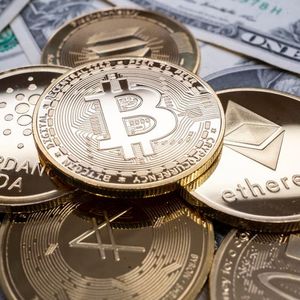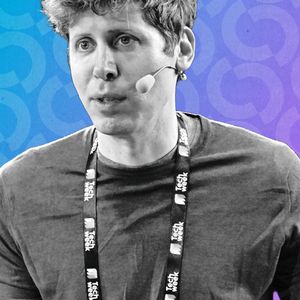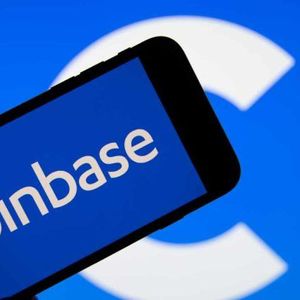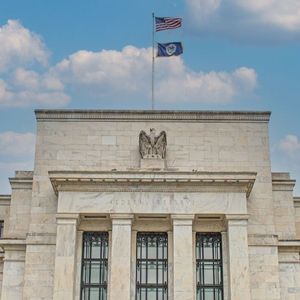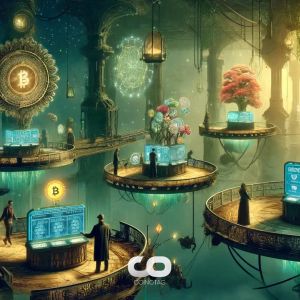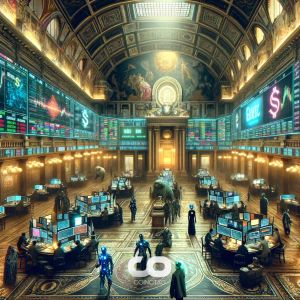The bowling ball-shaped devices, which scan the iris of the eye for identification, will first appear in six ”key innovation centers”: Atlanta, Austin, Los Angeles, Miami, Nashville and San Francisco. By the end of the year, the plan is to install ”enough Orbs” across the U.S. so that ”180 million Americans can use the tool.” Users who dare to submit their eyes for identification receive access to the World App and WLD tokens. In addition to the geographic expansion, Sam Altman and the Tools for Humanity team unveiled a number of new features and announced partnerships. Among them: Making cryptocurrency-backed loans available to World App users through the Morpho protocol; access to prediction markets through Kalshi; the ability to spend tokens using a new Visa debit card linked to World; integration of identity verification technology into some online dating apps, including Tinder in Japan. ”World Card will connect directly to the World App wallet, allowing digital assets to be spent anywhere Visa is accepted. Merchants will be able to seamlessly receive fiat currency without having to understand cryptocurrencies, and individuals will have the flexibility to use their digital assets,” the company said in a statement. Altman noted that the idea for World predates OpenAI. ”We needed some way to authenticate people in the [AI] era. You need to know what content is created by humans and what content is created by artificial intelligence. We wanted to find a way to make sure that humans remain special and central in a world where there is a lot of content on the internet created by artificial intelligence,” said OpenAI's CEO. Tools for Humanity said it is building a factory in Richardson, Texas, to produce the ”orbs.” After the first wave of distribution, other major cities, including Seattle, Orlando, San Diego and Las Vegas, will receive them. ”They will be everywhere: at gas stations, in stores. You will be able to complete the procedure within 10 minutes, wherever you are,” emphasized Tools for Humanity co-founder Alex Blania. Tools for Humanity's chief device officer and former Apple director Rich Healy unveiled the Orb Mini device. Data: TechCrunch. ”Mobile Orbs” Tools for Humanity presented a mobile device ”designed to help people determine the difference between a human and an AI agent.” The gadget looks like a smartphone and has two large sensors on the front for iris scanning. Similar to standard ”orbs”, after the procedure, the user receives a unique identifier in the blockchain. Orb Mini is easy to carry, and in the future it may become a full-fledged commercial device. There is a chance that the company will be able to monetize the sensor technology itself. Worldcoin has rebranded and introduced a new Orb In 2024 at the event in San Francisco, Worldcoin co-founders Sam Altman and Alex Blania unveiled major updates to the project, including a rebranding to World Network, or World for short. According to a statement , the name change is meant to better reflect the startup's mission to ”accelerate every person.” Other key upgrades include: Orb's next-generation retina scanner. It is built on NVIDIA's Jetson chipset and has nearly five times the AI performance of the previous version. There are ”significant software and hardware improvements” to the device. For example, it is easier to assemble as it contains 30% fewer parts. The device also lends itself to full auditing with a removable memory card. World ID 3.0 is the ”most advanced identity system to date” for providing access to the project ecosystem to people who are not authenticated through Orb. The software allows the World ID app to store information from physical documents and validate data without revealing identity. Users can also request WLD tokens. Version 3.0 improves privacy protection and introduces measures to combat online fraud. World App 3.0 with enhanced features. These include a Mini Apps platform for working with third-party programs, and a wallet with a World Pay payment option and new security features. Mainnet's L2 World Chain solutions. Blockchain is supported by well-known projects like Optimism, Alchemy, Uniswap, Safe, Dune and Etherscan. The startup noted that approximately 15 million of all World ID holders and World App users have either migrated to World Chain or are in the process of migration.











